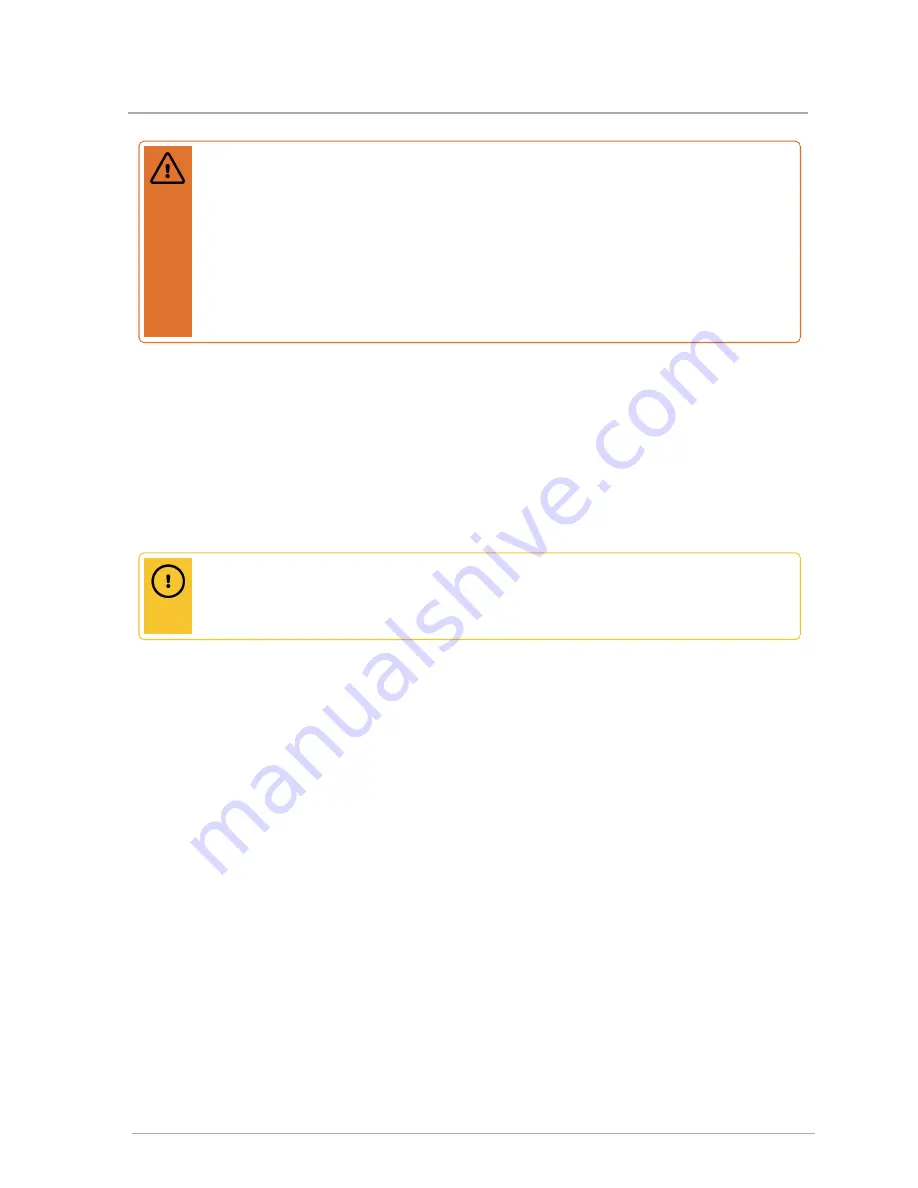
Warning
Do not use automotive-type ethylene or other types of automotive glycol antifreeze, or undiluted
antifreeze of any kind. This may result in severe boiler damage. It is the responsibility of the
Installer to ensure that glycol solutions are formulated to inhibit corrosion in hydronic heating
systems of mixed materials. Improper mixtures and chemical additives may cause damage to
ferrous and non-ferrous components as well as non-metallic, wet components, normally found in
hydronic systems. Ethylene glycol is toxic, and may be prohibited for use by codes applicable to
your installation location. For environmental and toxicity reasons, IBC recommends only using
non-toxic propylene glycol.
Relief valve - maintenance and testing
The relief valve manufacturer requires that under normal operating conditions a “try lever test” must be
performed every two months.
Under severe service conditions, or if corrosion and/or deposits are noticed within the valve body, testing
must be performed more often. A “try lever test” must also be performed at the end of any non-service period.
Caution
Before testing the relief valve, make certain the discharge pipe is properly connected to the valve
outlet and arranged to contain and safely dispose of equipment discharge.
Blocked vent safety system
The boiler is equipped with a blocked vent safety system to prevent the boiler from operating in the event the
boilers exhaust piping is blocked. The boiler will automatically stop operating when the restriction in the
venting system becomes too restrictive. If the boiler shuts down due to a blocked vent, a qualified service
technician must be called to inspect the boiler and venting system and correct the problem.
11
Relief valve - maintenance and testing

































